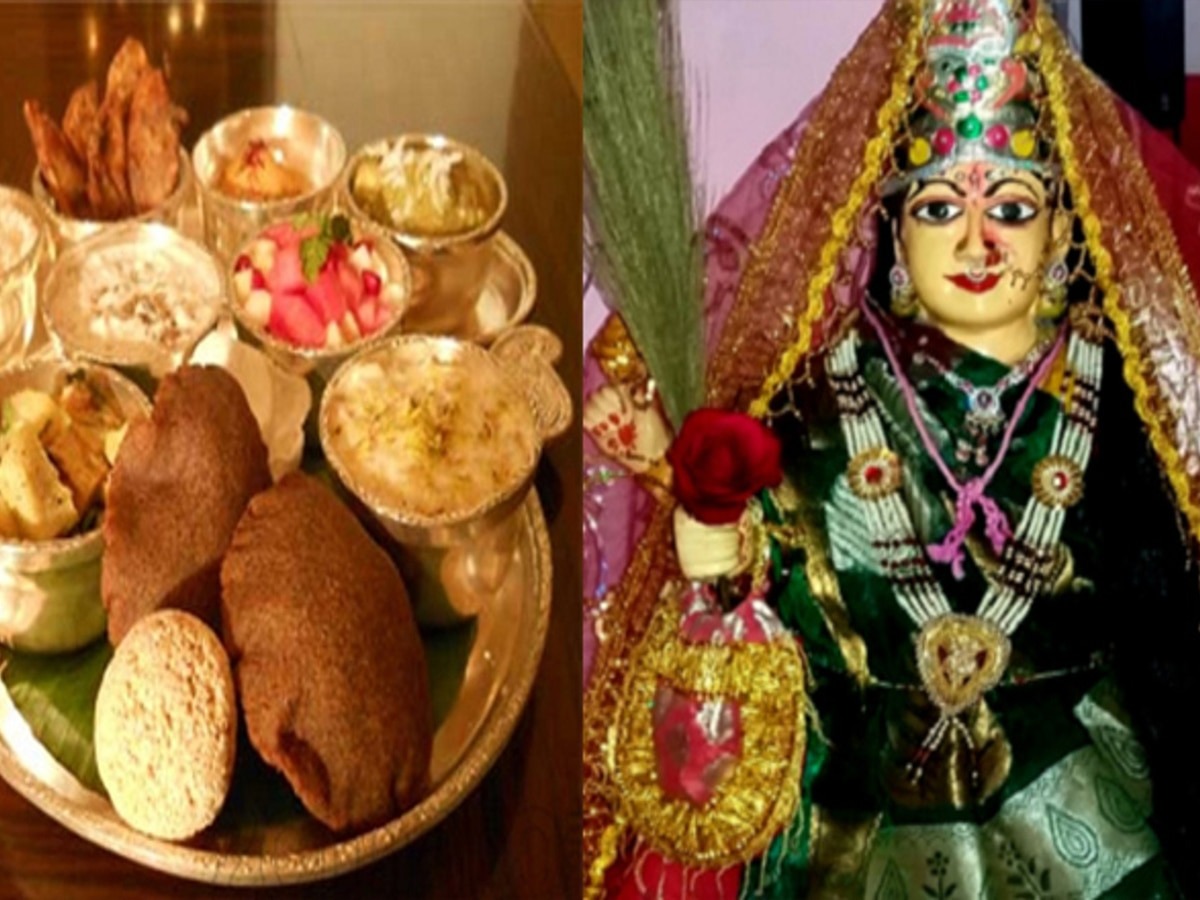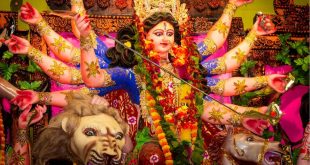 Basoda Festival 2024: Celebrating Sheetalashtami in Rajasthan
Basoda Festival 2024: Celebrating Sheetalashtami in Rajasthan
In Rajasthan, a unique festival called “Basoda” is celebrated with great fervor. Basoda is observed the day after Sheetalashtami, which falls seven days after Holi. It holds significant cultural and religious importance, particularly in Rajasthan, where it is celebrated with grandeur and devotion.
Importance of Basoda Festival
After the vibrant festival of Holi, the weather starts to get warmer. It is during this time that Sheetalashtami, the festival dedicated to Goddess Sheetala, is observed. Goddess Sheetala is believed to provide relief from diseases related to the skin and heat. Worshipping her is believed to bring good health, especially during the changing weather conditions. Basoda is celebrated as a mark of gratitude towards the goddess for her blessings.
Rituals and Customs of Sheetalashtami and Basoda
Preparation and Pooja on Sheetalashtami
On the day of Sheetalashtami, devotees wake up early and take a holy bath. They then visit temples dedicated to Goddess Sheetala and perform elaborate rituals. Offerings such as kheer (sweet rice pudding), puris (fried bread), and halwa (sweet dish) are made to the goddess. It is believed that consuming cold food items on this day pleases the goddess and ensures her blessings.
Basoda Pooja on the Following Day
The significance of Basoda amplifies if the devotees perform the ritual before sunrise on the day of Sheetalashtami. On this day, after an early morning bath, devotees visit the temple of Goddess Sheetala and perform the prescribed rituals with devotion. They offer water, gulal (colored powder), and kumkum (vermilion) to the deity. Traditional dishes like puris, sweet rice, kheer, and sweets are offered to Goddess Sheetala as part of the rituals. It is important to note that traditional customs dictate that no fire should be lit during the preparation of food on this day.
Symbolism and Traditions
During the pooja, devotees abstain from lighting lamps or burning incense sticks, as fire is considered inauspicious in the worship of Goddess Sheetala. After the pooja, they create swastika symbols outside their homes using turmeric or vermilion, symbolizing prosperity and well-being. This ritual is believed to bring happiness and abundance to the household.
Basoda, celebrated in Rajasthan with traditional fervor, marks the reverence towards Goddess Sheetala and the transition from the colorful festivities of Holi to the onset of summer. The rituals associated with Basoda not only reflect religious beliefs but also underline the importance of maintaining hygiene and seeking blessings for good health.
 Suspense Crime Sach Ka Dam
Suspense Crime Sach Ka Dam


